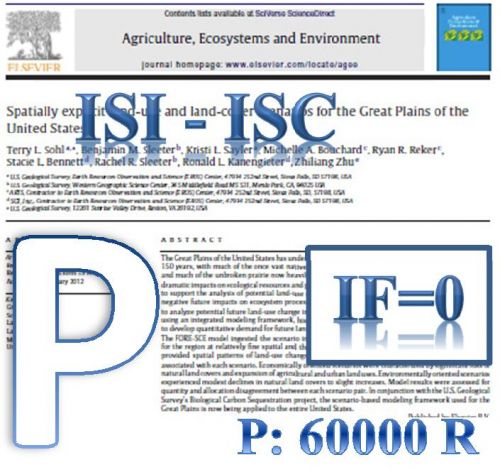Phosphorus is one of the most important nutrients for plant growth and development. Chemical Pi fertilizer is used to provide the phosphorus for the plants, but it is mostly fixed in the soil into insoluble form and become unavailable to the plants. Phosphate-solubilizing bacteria have lots of application in agriculture as biological fertilizer. Consumption of biofertilizers instead of chemical fertilizers can lead to environmental pollution reduction and crop production enhancement using sustainable farming. In this study, a phosphatase-producing bacterium was isolated from agricultural soil in Kerman. Screening of phosphate solubilizing bacteria was performed on the PVK medium, based on clear area diameter. The best bacterium (AG41) was identified based on 16s rDNA gene. The optimum condition for production of phosphatase was also determined and it was purified and characterized. Sequence alignment and phylogenetic tree results show that AG41 is closely related to Bacillus subtilis, with 98% homology. Phosphatase activity was determined by end point method. The best carbon, nitrogen and phosphate sources for enzyme production were 1.0% glucose, 0.5% ammonium sulfate and (0.25%) sodium phytate +(0.25%) tricalcium phosphate, respectively. Bacterial phosphatase was partially purified using ammonium sulfate fractionation followed by dialysis. Results showed that the optimum temperature for the purified enzyme activity was 40oC and it was stable at temperatures below 60°C. This enzyme was stable between pH 3.0-7.0, and the optimal pH activity was found to 5.0. These results indicated that this strain can be a notable candidate for using as biofertilizers.
کلید واژگان :Keywords: Screening, Biofertilizer, Phosphate-solubilizing bacteria, Phosphatase
ارزش ریالی : 600000 ریال
با پرداخت الکترونیک
